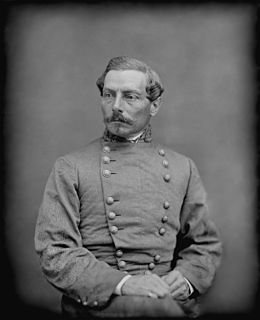A Quote by John Milton
Virtue may be assailed, but never hurt, Surprised by unjust force, but not enthralled.
Related Quotes
The libertarian approach is a very symmetrical one: the non-aggression principle does not rule out force, but only the initiation of force. In other words, you are permitted to use force only in response to some else's use of force. If they do not use force you may not use force yourself. There is a symmetry here: force for force, but no force if no force was used.
Never may an act of possession be exercised upon a free being; the exclusive possession of a woman is no less unjust than the possession of slaves; all men are born free, all have equal rights: never should we lose sight of those principles; according to which never may there be granted to one sex the legitimate right to lay monopolizing hands upon the other, and never may one of the sexes, or classes, arbitrarily possess the other.
Did people ever stop changing? They surprised you with fresh pain. Sometimes they surprised you with happiness, but the pain was the sharper surprise. There was no way to protect yourself from it. People could always change and always hurt you. Of course it went in the other direction too, you could hurt them when you didn't intend it and that too was out of your control.
Society, as we have constituted it, will have no place for me, has none to offer; but Nature, whose sweet rains fall on unjust and just alike, will have clefts in the rocks where I may hide, and secret valleys in whose silence I may weep undisturbed. She will hang the night with stars so that I may walk abroad in the darkness without stumbling, and send the wind over my footprints so that none may track me to my hurt: she will cleance me in the great waters, and with bitter herbs make me whole.




































